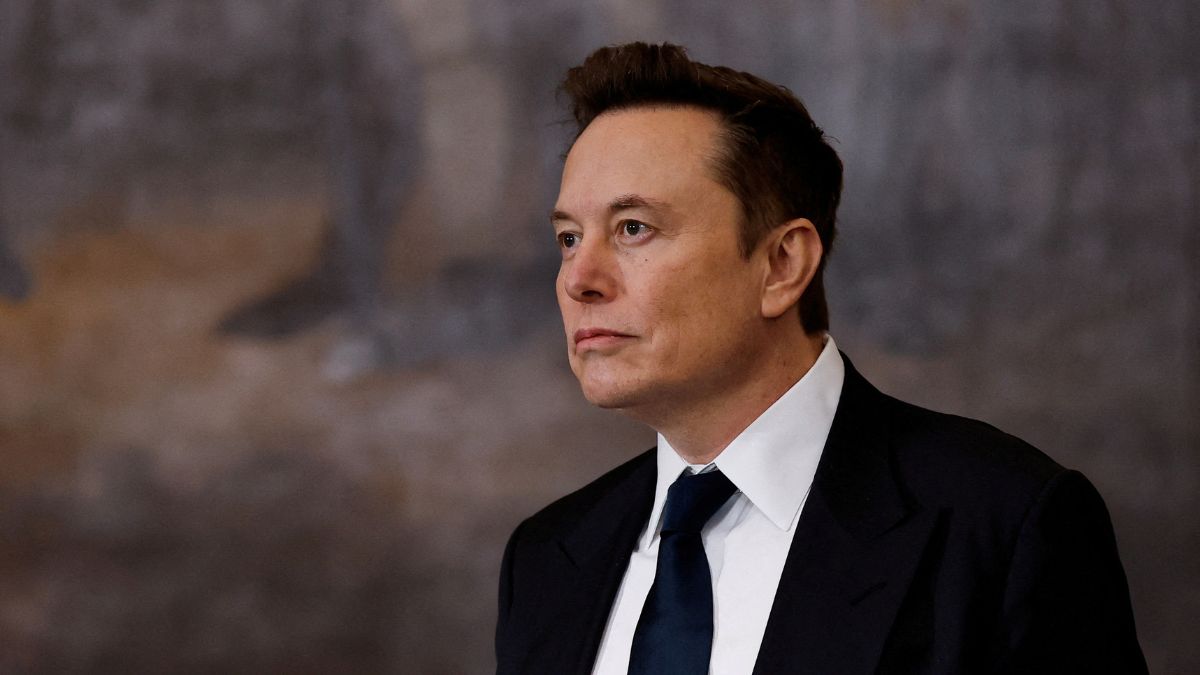Fourteen US states have filed a federal lawsuit against United States President Donald Trump and Elon Musk, contesting Musk’s appointment as head of the Department of Government Efficiency (Doge).
The lawsuit, led by New Mexico, argues that Musk’s sweeping authority to dismantle or restructure government agencies violates the US Constitution’s Appointments Clause, as he was not nominated by the president and confirmed by the Senate.
The complaint, filed in Washington, DC, asserts that Musk’s role grants him unprecedented power to control government expenditures, terminate employees, and shut down agencies with minimal oversight.
“Musk’s seemingly limitless and unchecked power to strip the government of its workforce and eliminate entire departments with the stroke of a pen or a click of a mouse would have been shocking to those who won this country’s independence,” states the lawsuit.
The legal challenge is supported by attorneys general from Arizona, California, Connecticut, Hawaii, Maryland, Massachusetts, Michigan, Minnesota, Nevada, Oregon, Rhode Island, Vermont, and Washington, in addition to New Mexico.
Two of the 14 states are led by Republican governors.
What are the allegations against Musk?
The lawsuit paints Musk as an unelected official wielding power that far exceeds that of traditional advisers. “There is no greater threat to democracy than the accumulation of state power in the hands of a single, unelected individual,” the lawsuit states, arguing that Musk’s authority must be curtailed by constitutional safeguards.
Under the Trump administration, Doge has reportedly inserted itself into at least 17 federal agencies, making significant changes to budgets, personnel, and operational structures.
Musk allegedly has the power to cease payments of congressionally approved funds, access sensitive government data, terminate contracts, and influence staffing decisions.
The states argue that such authority should be exercised only by duly appointed and confirmed officers of the United States.
Impact Shorts
More ShortsBeyond this state-led lawsuit, a separate legal action has been brought by 26 current and former employees of the US Agency for International Development (USAID).
This lawsuit, filed in federal court in Maryland, alleges that Musk’s team has unlawfully interfered with USAID’s operations, blocking employees from their accounts and limiting access to critical documents. The plaintiffs seek an injunction to prevent Doge from further impacting the agency’s operations until Musk is formally nominated and confirmed.
Will it affect presidential power?
The lawsuit extends beyond Musk’s personal involvement and raises broader constitutional concerns regarding the limits of executive power. The Appointments Clause of the US Constitution requires that individuals exercising significant federal authority must be confirmed by the Senate.
The White House has classified Musk as a “special government employee,” a designation that does not typically require Senate confirmation. However, the lawsuit argues that Musk’s role goes far beyond advisory and amounts to the unchecked exercise of executive power.
“The specifics of Musk’s conduct within various agencies confirm that he is wielding the power of a principal officer, a principal officer that has never previously existed,” states the lawsuit. The plaintiffs claim that his ability to bypass legal structures and unilaterally control federal operations is unlawful.
In a separate case, several state attorneys general have filed a lawsuit against the US Treasury Department for allegedly granting Musk’s team access to an ultra-sensitive computer system responsible for processing trillions of dollars in federal payments.
The extent of Doge’s influence remains unclear, but legal experts suggest the case could set a critical precedent on the separation of powers within the US government.
How has the Trump administration defended Musk?
The Trump administration has defended Musk’s position, arguing that Doge is a vital part of its efforts to eliminate government waste and inefficiency. White House spokesperson Karoline Leavitt has stated that Musk is “complying with all applicable federal laws” and that his efforts have exposed corruption and mismanagement within the government.
Musk himself has been vocal about his role, often posting updates about Doge’s actions. In one instance, Doge’s official social media account claimed credit for shutting down 12 government contracts worth a total of $30 million.
Musk has also stated that Doge’s investigations have uncovered fraudulent or wasteful government expenditures, further justifying the department’s interventions.
However, critics argue that Musk’s unchecked power poses a serious constitutional threat. Some legal scholars believe that the lawsuit could force the Trump administration to disclose the full scope of Musk’s duties and whether his actions require Senate confirmation.
Others speculate that if Musk’s role is found to be unconstitutional, Doge’s recent actions — such as the termination of federal contracts and restrictions on foreign aid — could be reversed.
What next?
The legal proceedings will likely determine whether Musk’s actions as head of Doge are lawful or if his appointment violates constitutional principles.
The lawsuit seeks an injunction to prevent Musk and his subordinates from making changes to federal spending, personnel, and data systems without proper confirmation.
If the court rules against Musk and the Trump administration, it could limit the ability of future presidents to appoint individuals to powerful government roles without Senate oversight.
Alternatively, if the lawsuit is unsuccessful, it may pave the way for expanded executive authority, setting a precedent for future administrations to install powerful figures in government without congressional approval.
With inputs from agencies
)